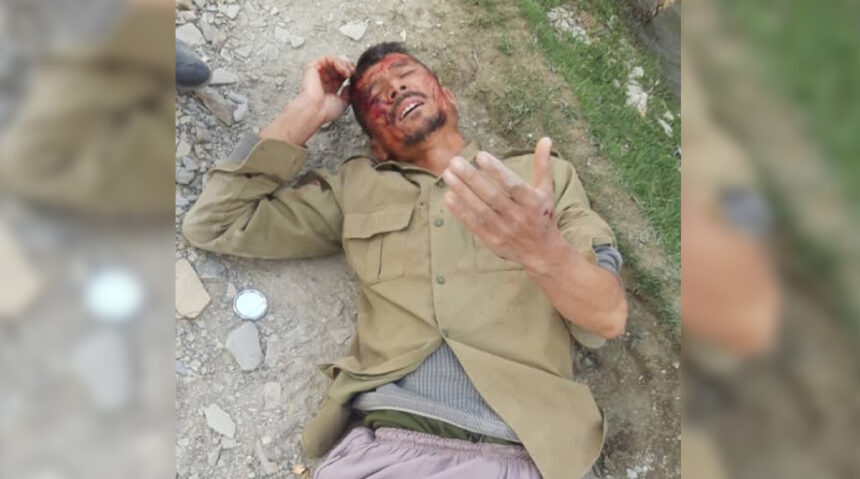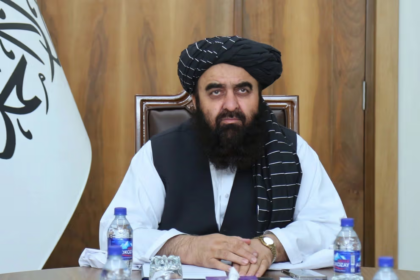RASC News Agency: In a troubling escalation of ethnic violence under Taliban rule, a Hazara farmer in Behsud district was viciously assaulted by a group of armed Kuchi nomads after he attempted to prevent their livestock from trespassing onto his farmland. The incident occurred on Sunday, May 25, in the village of Rashk, an area that has long been a flashpoint for violent land disputes between local residents and nomadic herders. According to local sources, the victim identified as Mohammad Ali sustained serious head injuries during the attack and is currently hospitalized in critical condition at Tagab District Hospital. Eyewitnesses say Ali was defending his cultivated land from a Kuchi herd when he was ambushed and savagely beaten by several armed men.
Despite public commitments from Taliban officials in Behsud to address such incidents, no action has been taken against the perpetrators. The Taliban have neither launched an investigation nor provided any assurance of justice yet another broken promise in a growing list of betrayals against vulnerable communities in central Afghanistan. The assault comes amid a seasonal surge in Kuchi encroachments as nomadic groups migrate to the central highlands, often occupying farmland and grazing areas that belong to settled populations, particularly the Hazara community. This annual migration has historically resulted in tensions, but under the Taliban’s ethnically biased regime, these disputes have taken on an increasingly violent and one-sided character.
Local residents accuse the Taliban of not only turning a blind eye to the escalating violence but also actively siding with the predominantly Pashtun Kuchi groups. “There’s no justice,” said one elder in Rashk village, who requested anonymity for fear of reprisal. “The Taliban promise investigations, but nothing ever happens. They are here to protect the Kuchis, not us.” Since reclaiming power in 2021, the Taliban have presided over a sharp rise in land grabs, extrajudicial beatings, and arbitrary detentions in Hazara-populated regions. Their selective law enforcement and tribal favoritism have further marginalized communities already at risk of displacement and abuse.
Human rights observers warn that the Taliban’s continued inaction is fostering a culture of impunity that threatens to ignite wider ethnic unrest. The regime’s refusal to mediate or deliver justice in Kuchi-Hazara disputes only confirms what many fear: that the Taliban are not neutral actors, but partisan enablers of systemic violence. As Mohammad Ali fights for his life, his community is left with the bitter reality that under Taliban rule, the cries of the oppressed fall on deaf ears and justice, like the land they till, is trampled underfoot.






